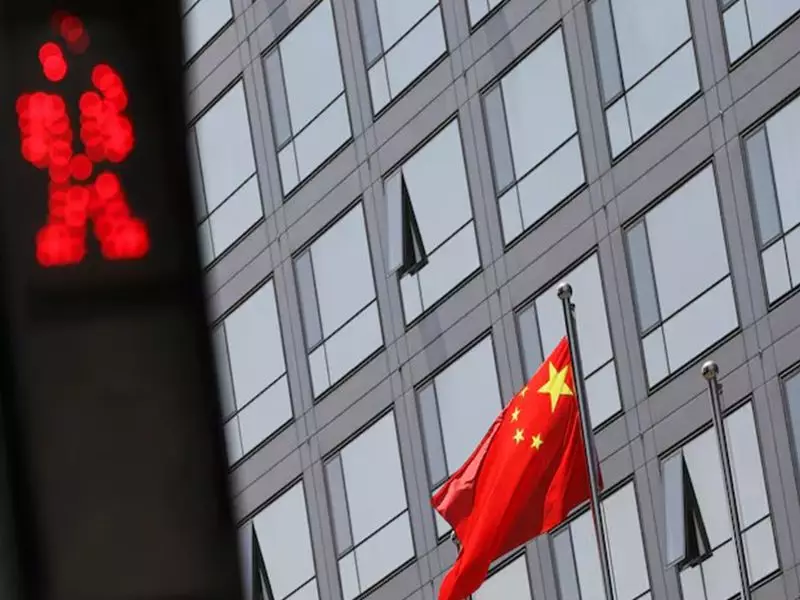
In a startling revelation that sheds light on China's sophisticated psychological operations, Taiwan's Deputy Defence Minister Shen Yu-chung has exposed Beijing's systematic use of religious organizations and matchmaking services to infiltrate Taiwanese society.
The Unconventional Warfare Tactics
According to Shen, China has been employing what he describes as "grey zone" tactics - operations that fall short of direct military conflict but systematically undermine Taiwan's social fabric. These methods represent a new frontier in cross-strait tensions, moving beyond traditional military posturing to more subtle forms of influence.
Religious Groups as Fronts
The Deputy Minister detailed how Beijing has been strategically using religious organizations as conduits for its influence operations. These groups, while appearing benign, serve as platforms to promote pro-unification narratives and gradually shift public opinion in favour of merging with mainland China.
Matchmaking Services with Hidden Agendas
Perhaps more surprisingly, Shen revealed that China has been exploiting matchmaking and dating services as tools of infiltration. These platforms are being used to create personal connections and relationships that eventually serve Beijing's political objectives of fostering unification sentiments among Taiwanese citizens.
The Broader Strategy
These revelations come amid escalating tensions across the Taiwan Strait. Shen emphasized that these tactics are part of a comprehensive Chinese strategy that combines multiple approaches:
- Psychological warfare operations
- Information manipulation campaigns
- Economic coercion tactics
- Military intimidation exercises
The Deputy Minister stressed that these methods are designed to work in concert, creating a multi-layered pressure system on Taiwanese society.
Taiwan's Response and Concerns
Shen's disclosures highlight growing concerns within Taiwan's security establishment about non-traditional threats. The use of religious and social platforms represents a particularly challenging form of interference because it operates through legitimate-seeming channels that are difficult to regulate or monitor effectively.
The Taiwanese government now faces the complex task of countering these influence operations while maintaining social harmony and protecting citizens' freedoms. This new dimension of cross-strait tensions underscores the evolving nature of the threat Taiwan faces from its powerful neighbour.
As Shen concluded, understanding these sophisticated tactics is the first step in developing effective countermeasures to protect Taiwan's democratic way of life and maintain its sovereignty in the face of persistent pressure from Beijing.






